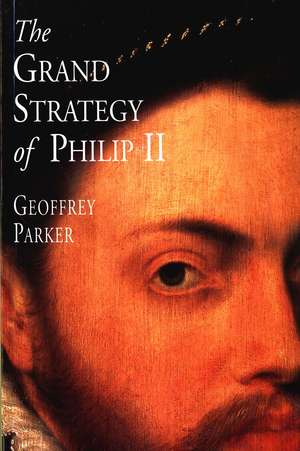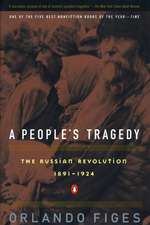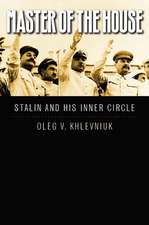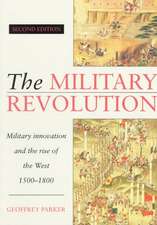The Grand Strategy of Philip II
Autor Geoffrey Parkeren Limba Engleză Paperback – 11 mar 2000
From 1556 until his death in 1598, Philip II of Spain ruled the first global empire in history, yet no one so far has analyzed precisely how he accomplished this feat. The author investigates the strengths and weaknesses of Philip’s strategic vision, the priorities that underlay his policies, the practices and prejudices that influenced his decision-making, and the external factors that affected the achievement of his goals.
Geoffrey Parker begins by defining the characteristics of Spain’s strategic culture: the king’s distinctive system of government, the “information overload” that threatened to engulf it, and the various strategic priorities and assumptions used to overcome the disparity between aims and means. He then explores the surviving documentation (from the Habsburgs, their allies, and their adversaries) on the formation of strategy in three crucial case studies: Philip’s unsuccessful efforts to maintain his authority in the Netherlands, his defective peacetime management of foreign relations with Scotland and England, and his failed Armada campaign against England. Finally Parker examines the small but fatal flaws in the execution of Philip’s Grand Strategy, assesses the response of the king and his ministers to their failures, and questions whether the outcome might have been different with other policy options, another ruler, or a different strategic culture. Pointing to modern parallels between Philip’s problems of governance and those facing Hitler and Churchill, or Kennedy and Johnson, this powerfully argued book provides a fascinating commentary on the nature of empires and the decision-making process as practiced by great powers.
Geoffrey Parker begins by defining the characteristics of Spain’s strategic culture: the king’s distinctive system of government, the “information overload” that threatened to engulf it, and the various strategic priorities and assumptions used to overcome the disparity between aims and means. He then explores the surviving documentation (from the Habsburgs, their allies, and their adversaries) on the formation of strategy in three crucial case studies: Philip’s unsuccessful efforts to maintain his authority in the Netherlands, his defective peacetime management of foreign relations with Scotland and England, and his failed Armada campaign against England. Finally Parker examines the small but fatal flaws in the execution of Philip’s Grand Strategy, assesses the response of the king and his ministers to their failures, and questions whether the outcome might have been different with other policy options, another ruler, or a different strategic culture. Pointing to modern parallels between Philip’s problems of governance and those facing Hitler and Churchill, or Kennedy and Johnson, this powerfully argued book provides a fascinating commentary on the nature of empires and the decision-making process as practiced by great powers.
Preț: 468.52 lei
Nou
Puncte Express: 703
Preț estimativ în valută:
89.65€ • 93.60$ • 74.20£
89.65€ • 93.60$ • 74.20£
Carte tipărită la comandă
Livrare economică 04-18 aprilie
Preluare comenzi: 021 569.72.76
Specificații
ISBN-13: 9780300082739
ISBN-10: 0300082738
Pagini: 470
Ilustrații: 24 b-w illus.
Dimensiuni: 140 x 210 x 34 mm
Greutate: 0.66 kg
Ediția:Revised
Editura: Yale University Press
Colecția Yale University Press
Locul publicării:United Kingdom
ISBN-10: 0300082738
Pagini: 470
Ilustrații: 24 b-w illus.
Dimensiuni: 140 x 210 x 34 mm
Greutate: 0.66 kg
Ediția:Revised
Editura: Yale University Press
Colecția Yale University Press
Locul publicării:United Kingdom











